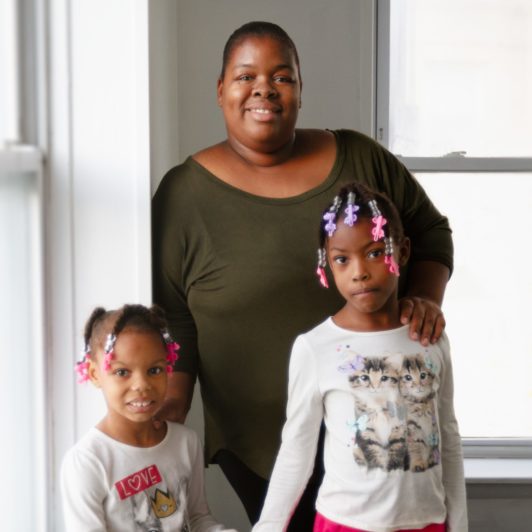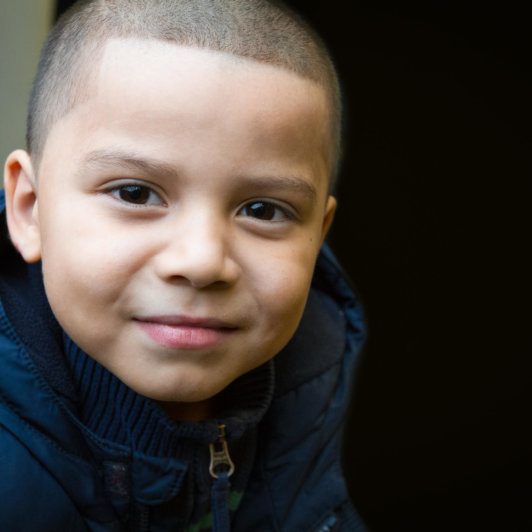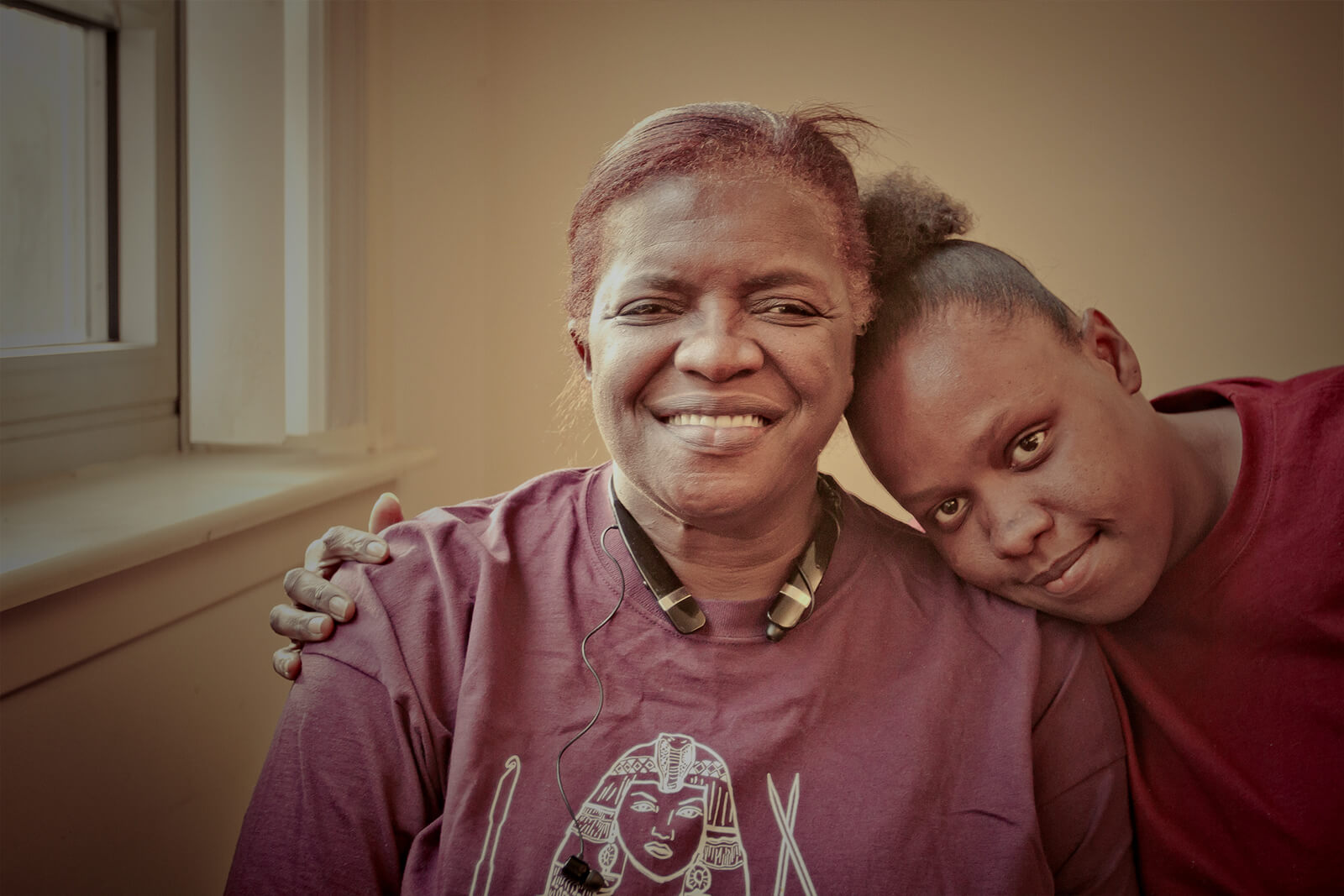Who We Serve
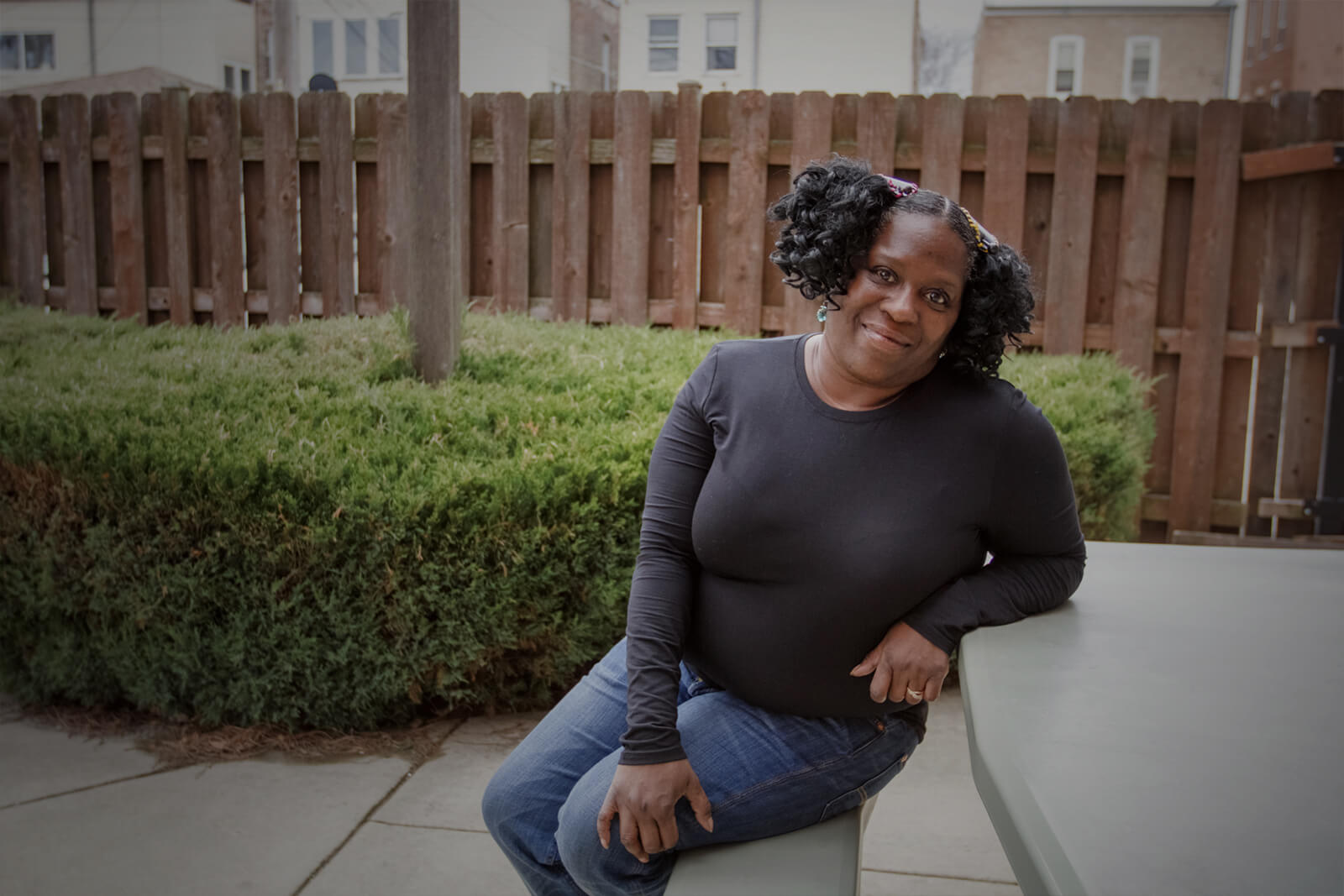
Last year, Facing Forward served nearly 3,000 children and adults in 3 key program areas:
Permanent Supportive Housing (PSH)
Facing Forward’s longest-running program is an evidence-based model for ending homelessness.
Based on Housing First principles, we connect families and individuals with a history of chronic homelessness and disabling conditions with long-term, stable housing with no predetermined end date.
We partner with our clients to help build stability, establish goals, and grow in self-sufficiency and agency.
In addition to ending cycles of homelessness, PSH is also contributes to significant cost savings community-wide by reducing reliance on crisis services like shelters, hospitals, and jails.
638 individuals served in FY23, 271 of which were children.
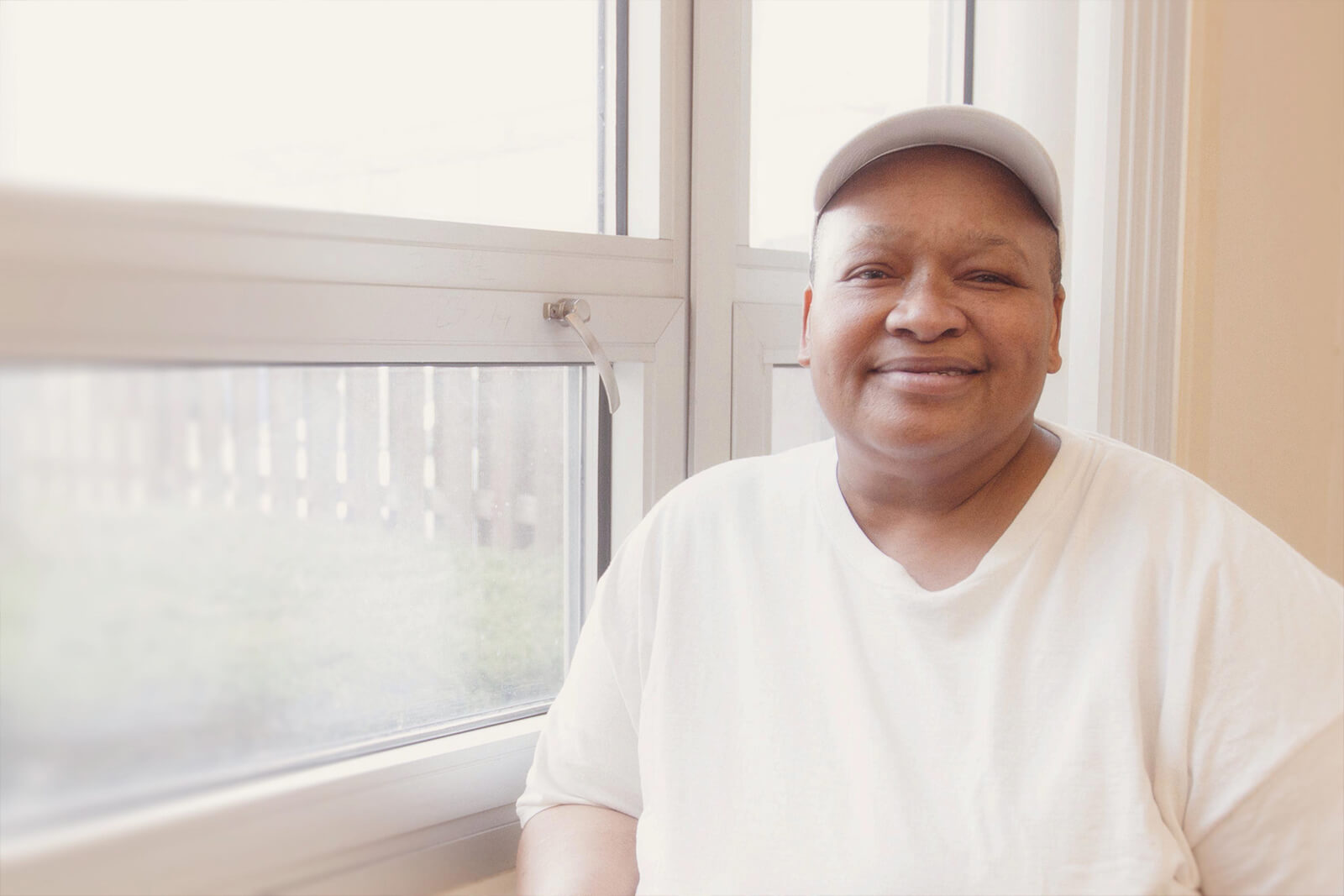
Innovative Programs for Families
Designed to address gaps in federally funded housing supports, our innovative Two-Generation programs target the housing, health, and well-being needs of families with children and expecting parents.
First Foundations - This rapid re-housing pilot program serves families with expectant parents or children ages three and under who are facing or at risk of homelessness. Our program quickly secures stable,
affordable housing for families and provides two years of rental assistance and comprehensive case management following the Two-Generation model.
Through tailored services such as employment assistance, age-specific support for children, parenting supports, and connections to childcare and family healthcare, we help families build stability and develop the skills necessary to move on from the program and into permanent housing.
19 families/61 individuals served in FY23.
Home Connection - Partnering with Chicago Public Schools and University of Chicago Urban Labs, Facing Forward provides housing-focused case management, short-term financial assistance, and recently added rental assistance for families with students experiencing or at risk of homelessness.
Facing Forward’s Family Empowerment Team offers additional, age-specific services to promote healthy development and academic success for children and youth in each household.
139 families/389 individuals served in FY23.
System Navigation
Facing Forward provides guidance and support at all stages of the housing process while helping clients access resources for immediate health concerns and basic needs.
Skilled Assessment - In partnership with local shelters, Facing Forward conducts one-time assessments focused on housing needs and vulnerability. We help clients enter Chicago’s housing services wait list and connect them to critical resources through referrals to service providers in the community.
Our Skilled Assessors completed housing assessments for 1,609 individuals in both English and Spanish in FY23.
Housing Location - In partnership with local agencies committed to supporting survivors of domestic violence and human trafficking, Facing Forward quickly identifies and connects survivors to safe, stable housing. This proactive approach not only helps prevent and resolve experiences of homelessness but also fosters a safe and supportive foundation for healing.
30 individuals served in FY23.
Covid-19 Response - Last year, Facing Forward continued to play an integral role in Chicago’s COVID-19 Expedited Housing Initiative. In partnership with All Chicago and other homelessness services agencies from Chicago’s Continuum of Care, we supported Accelerated Moving Events to quickly relocate high-risk households from congregate shelters into stable housing.
During one-stop moving events, clients virtually uploaded documentation for housing applications, viewed apartments, and selected gently used furniture for their new homes.
45 individuals served in FY23.
Our Approach
Facing Forward to End Homelessness is guided by five central models of care:
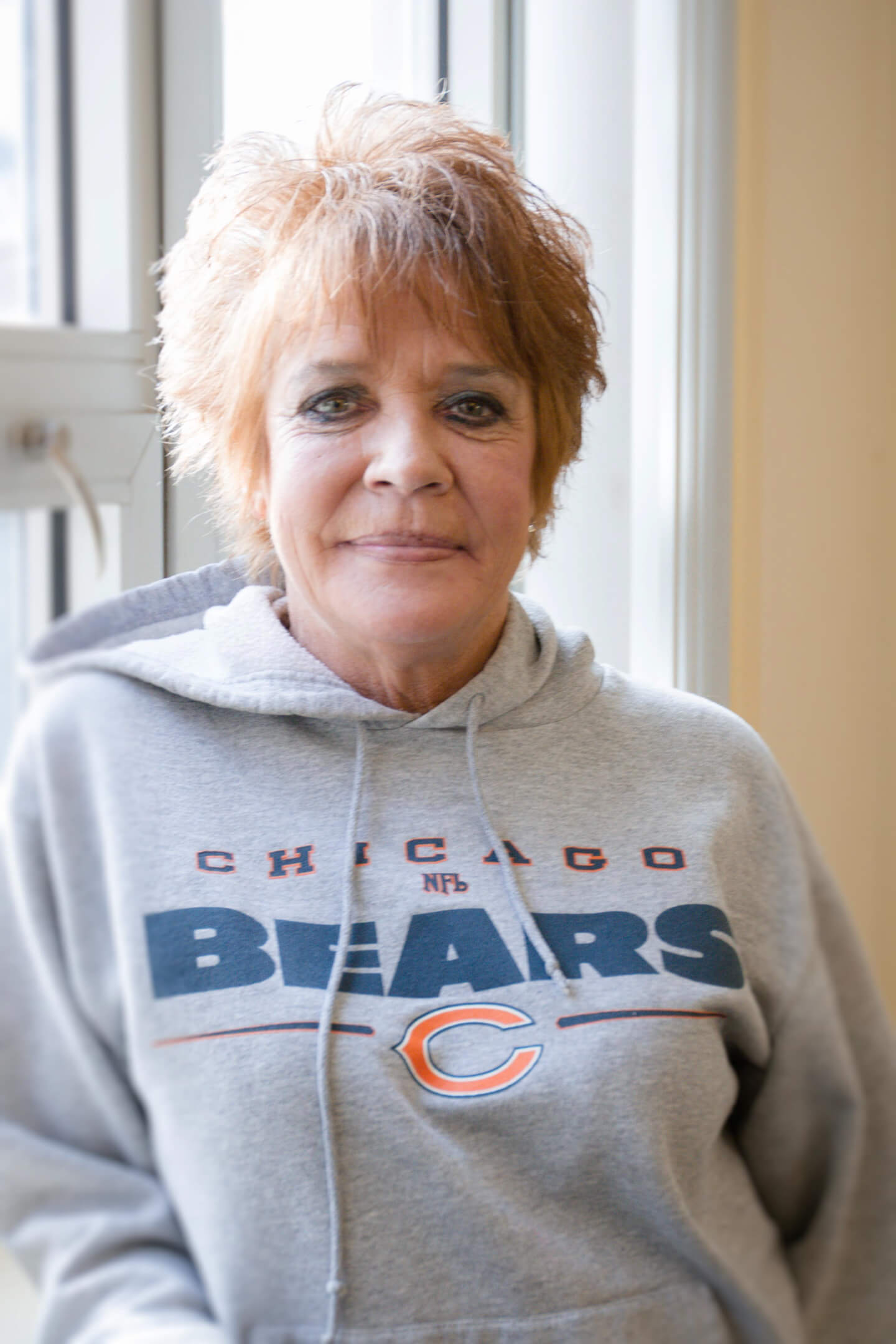
Annual Reports

2024 Annual Report
Download PDF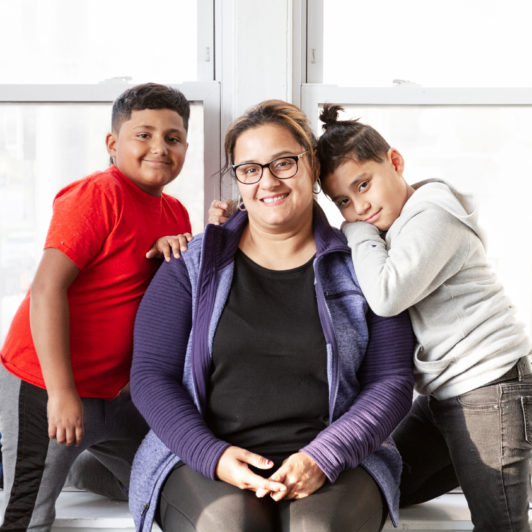
2020 Annual Report
Download PDF
2023 Annual Report
Download PDF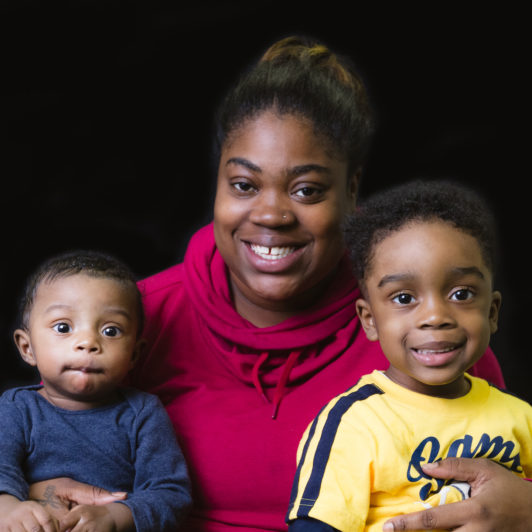
2019 Annual Report
Download PDF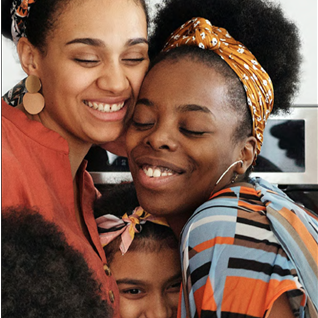
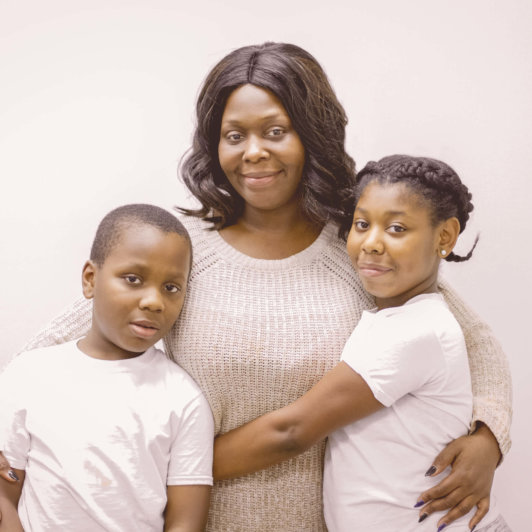
2018 Annual Report
Download PDF